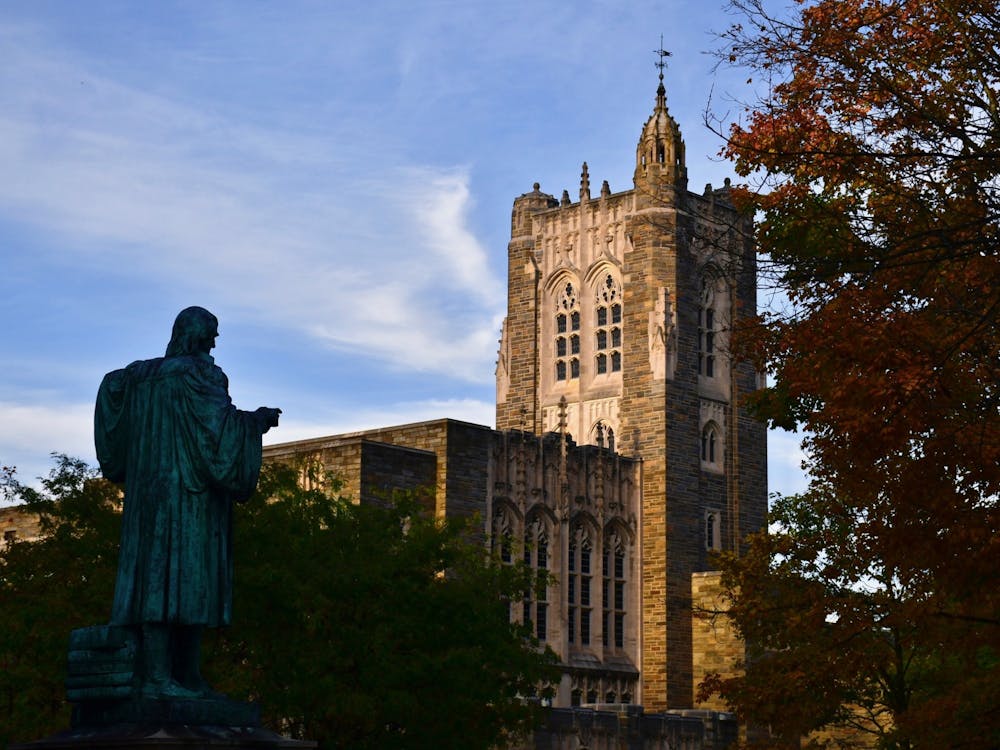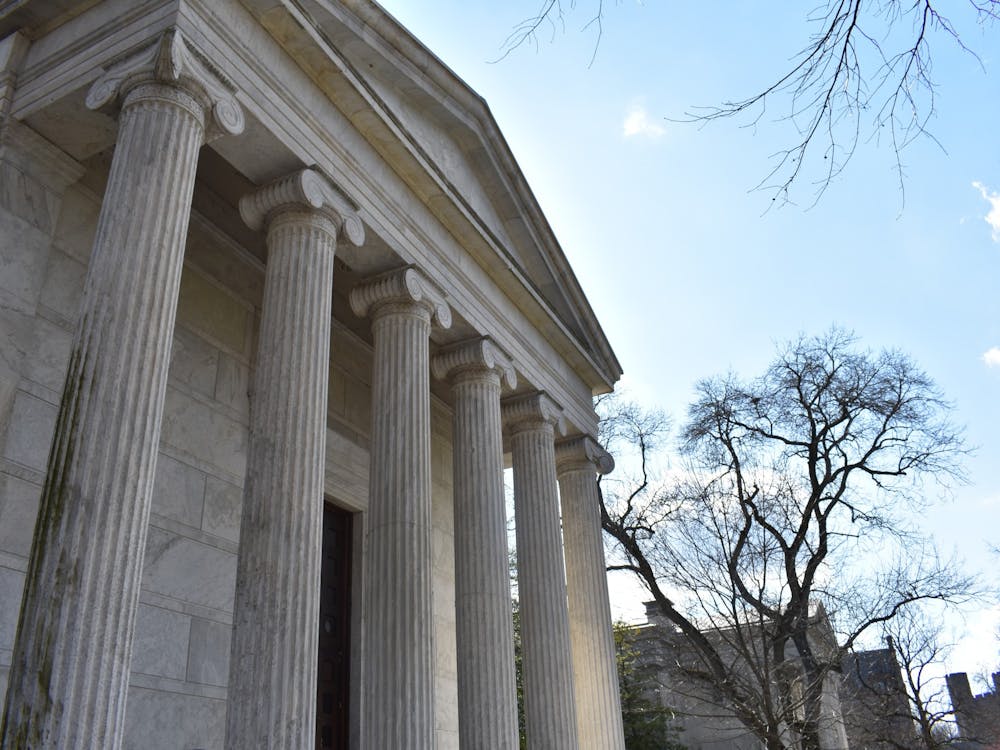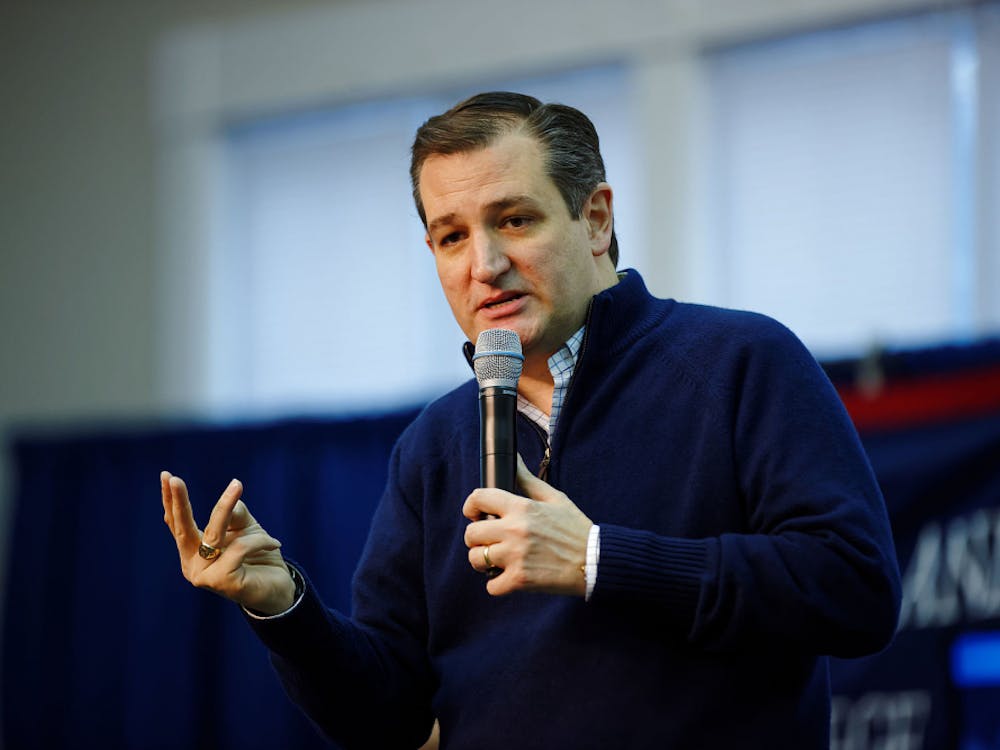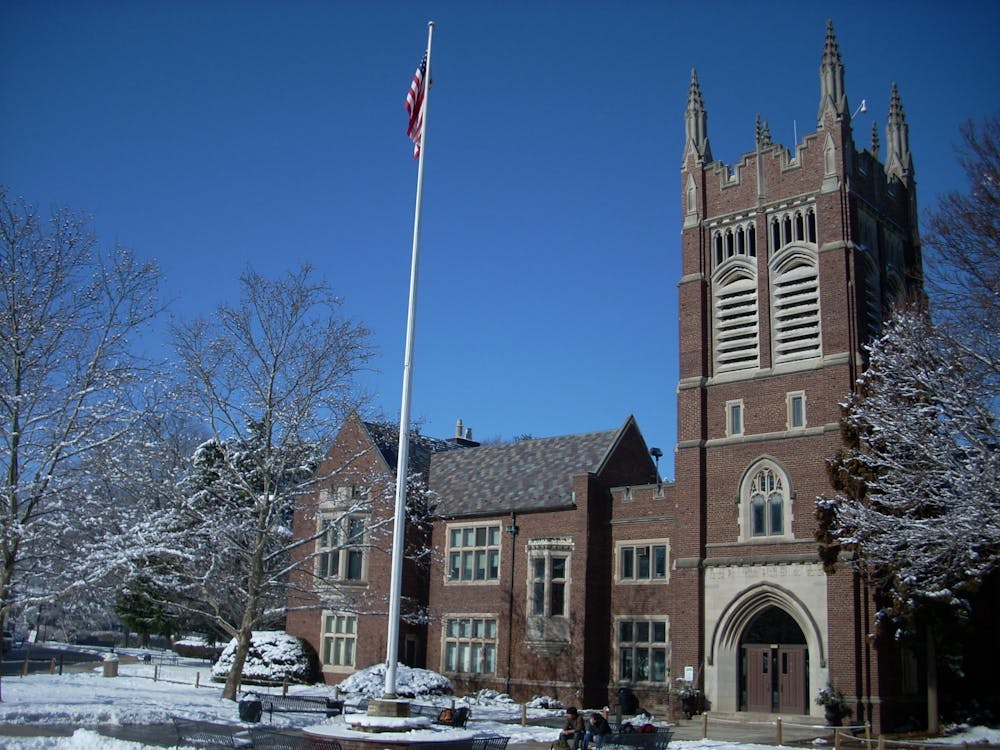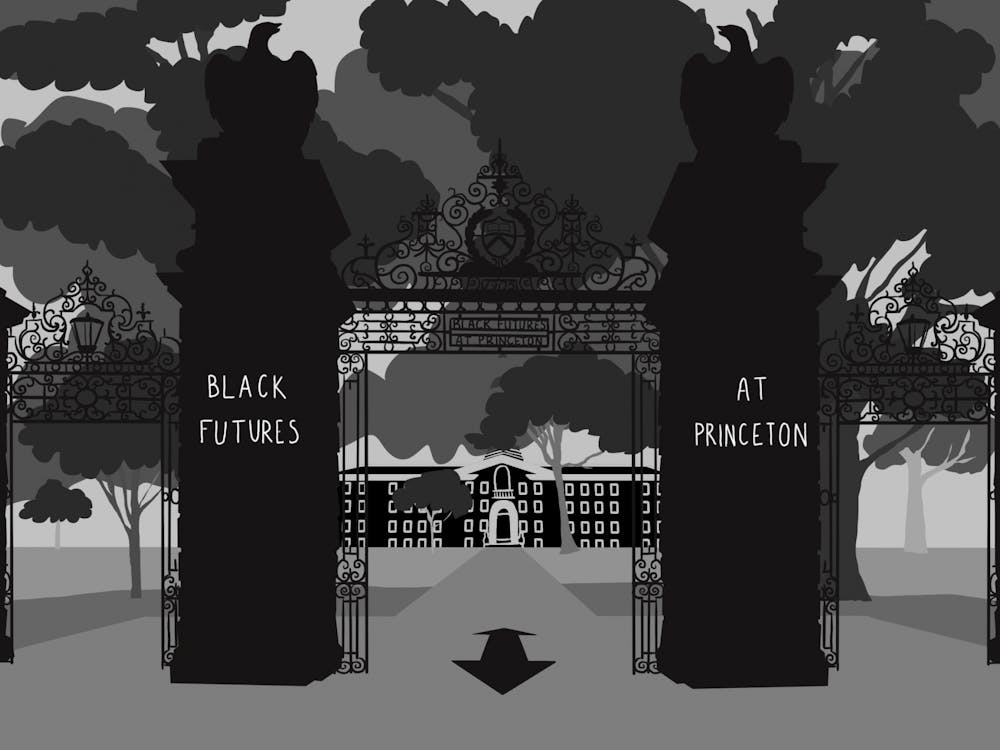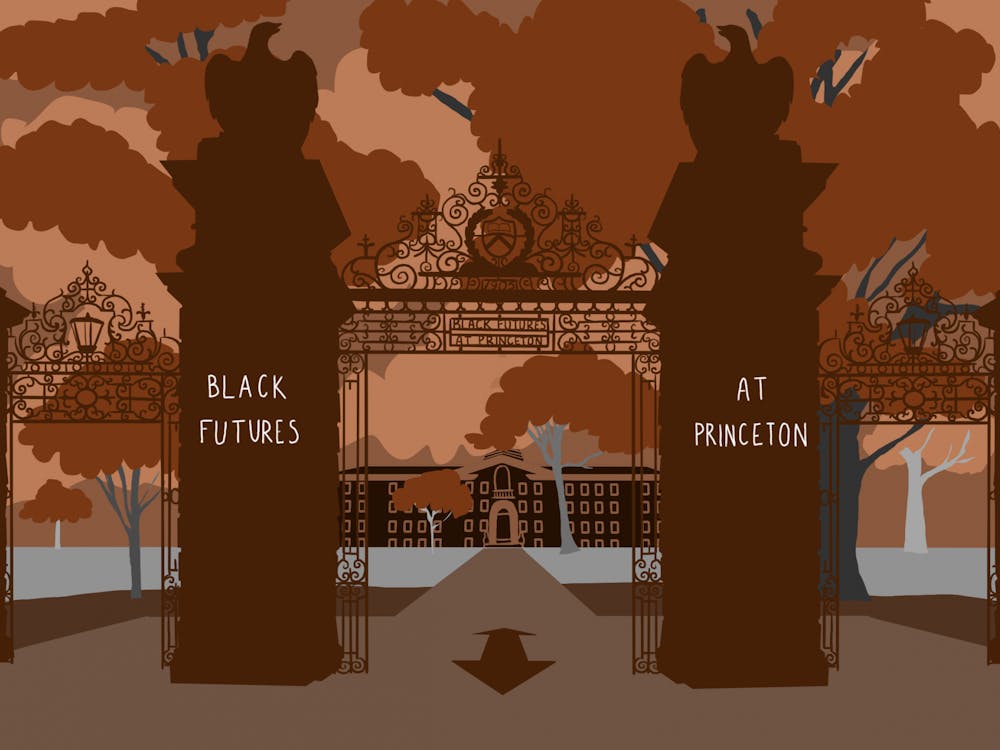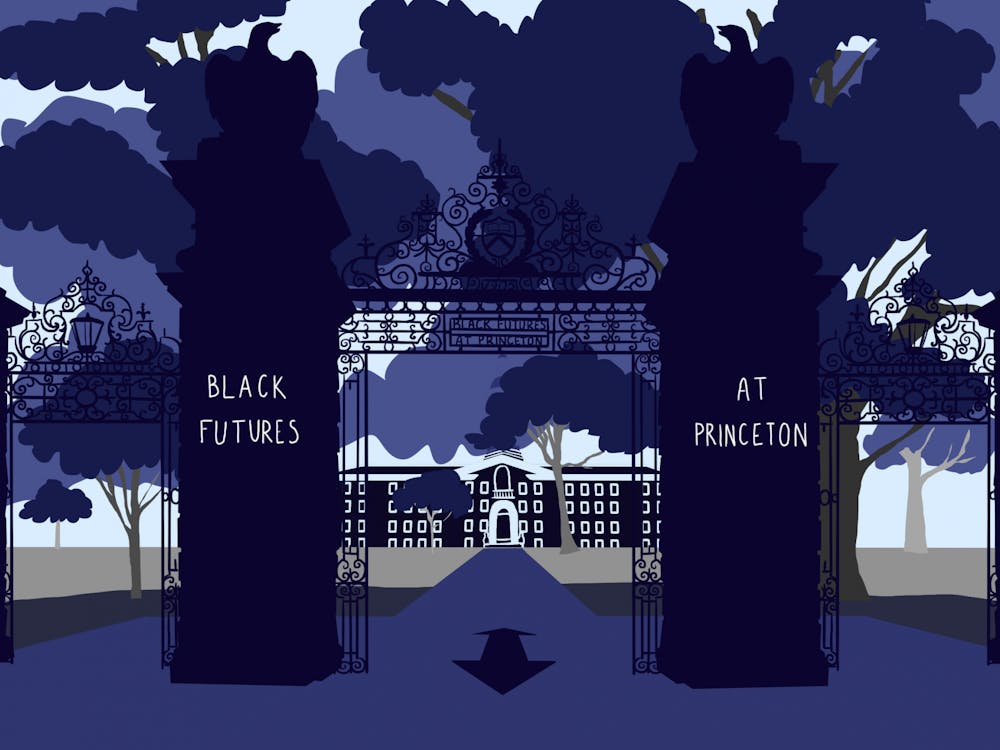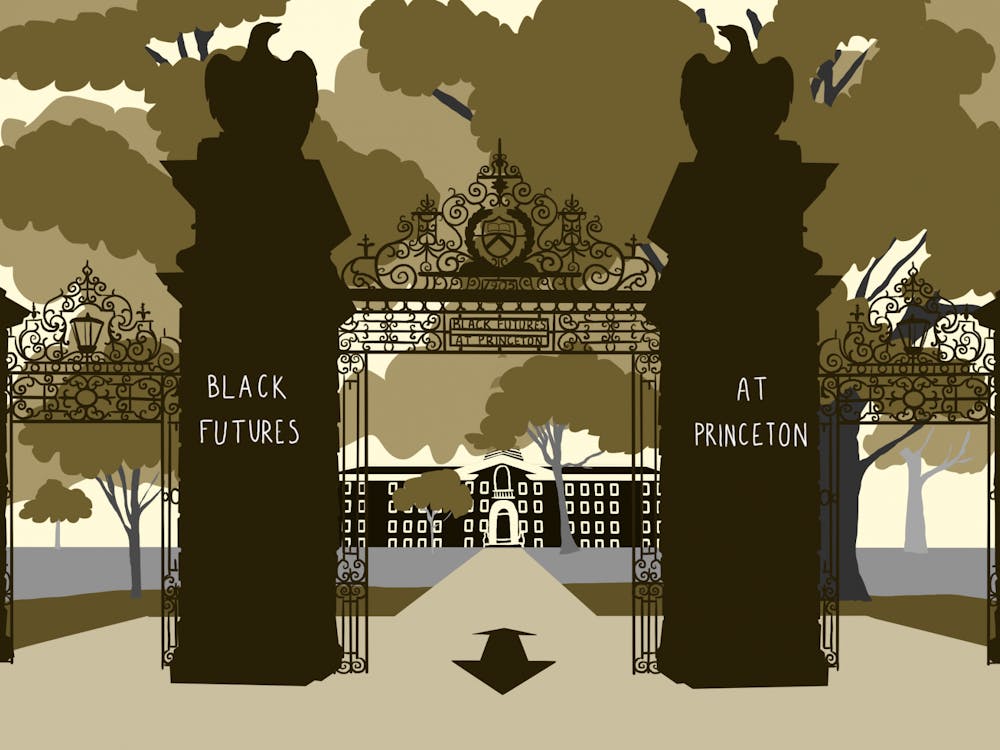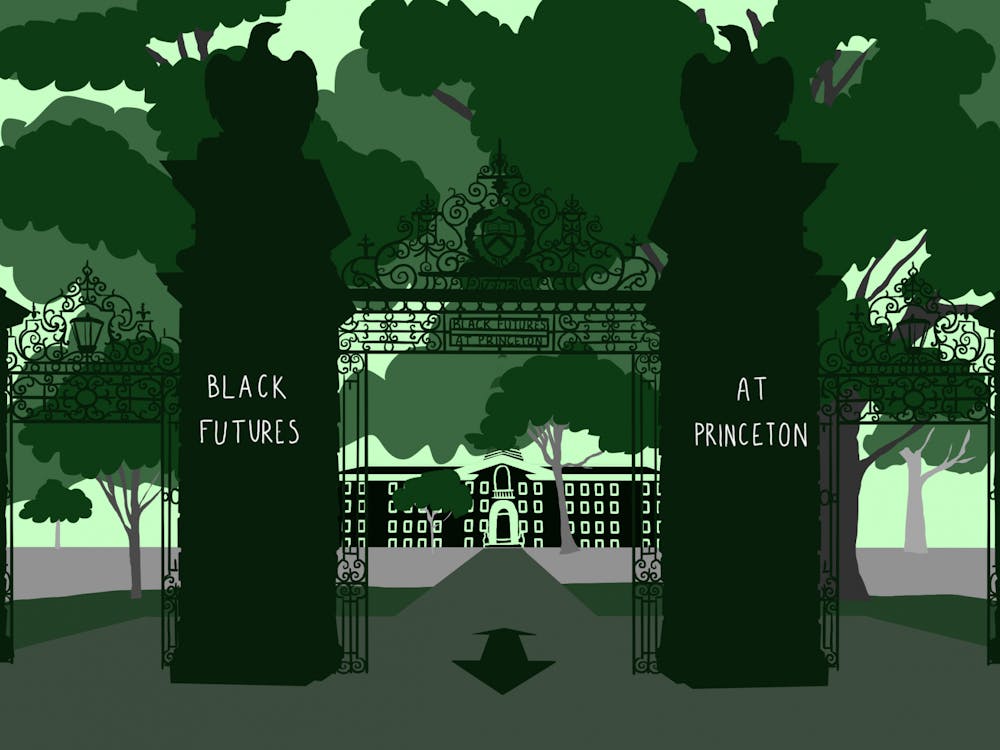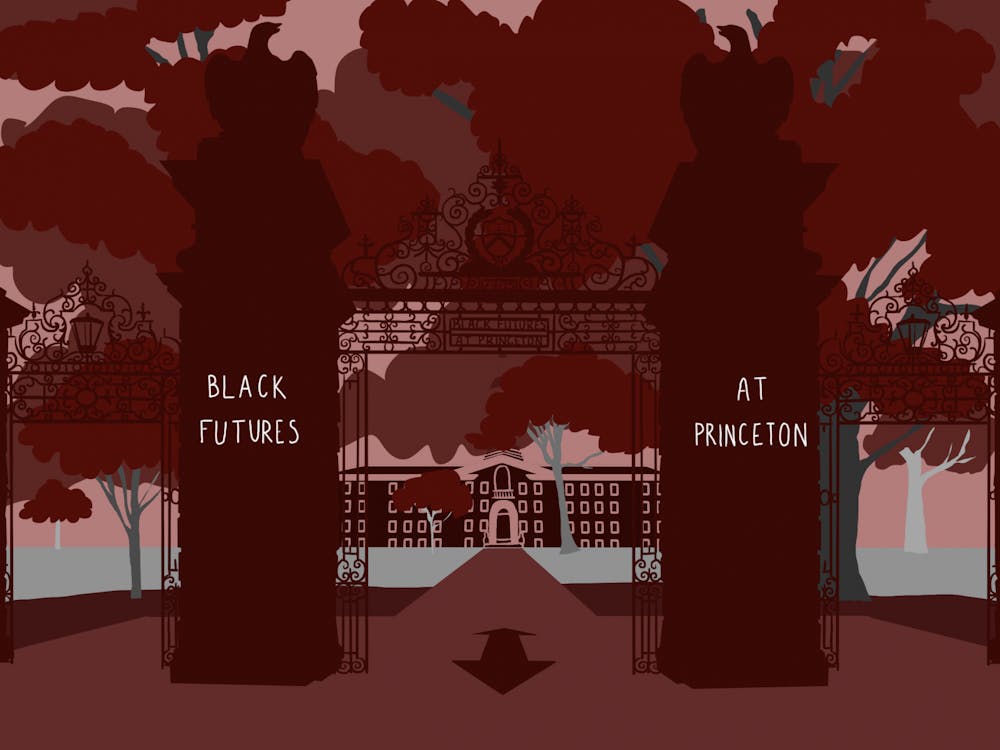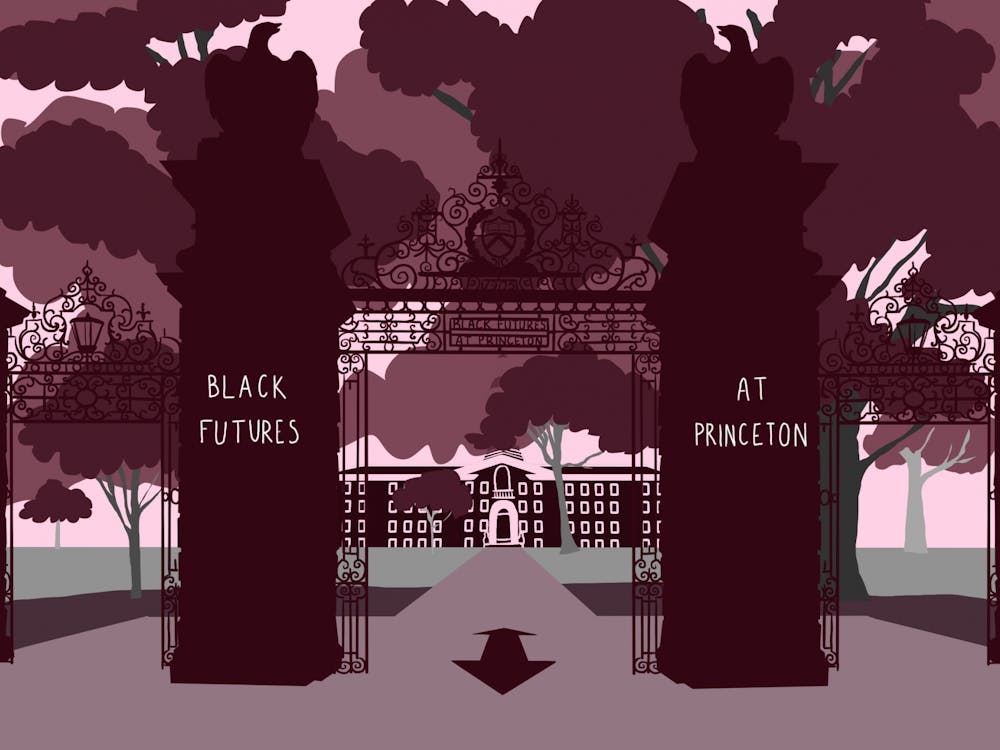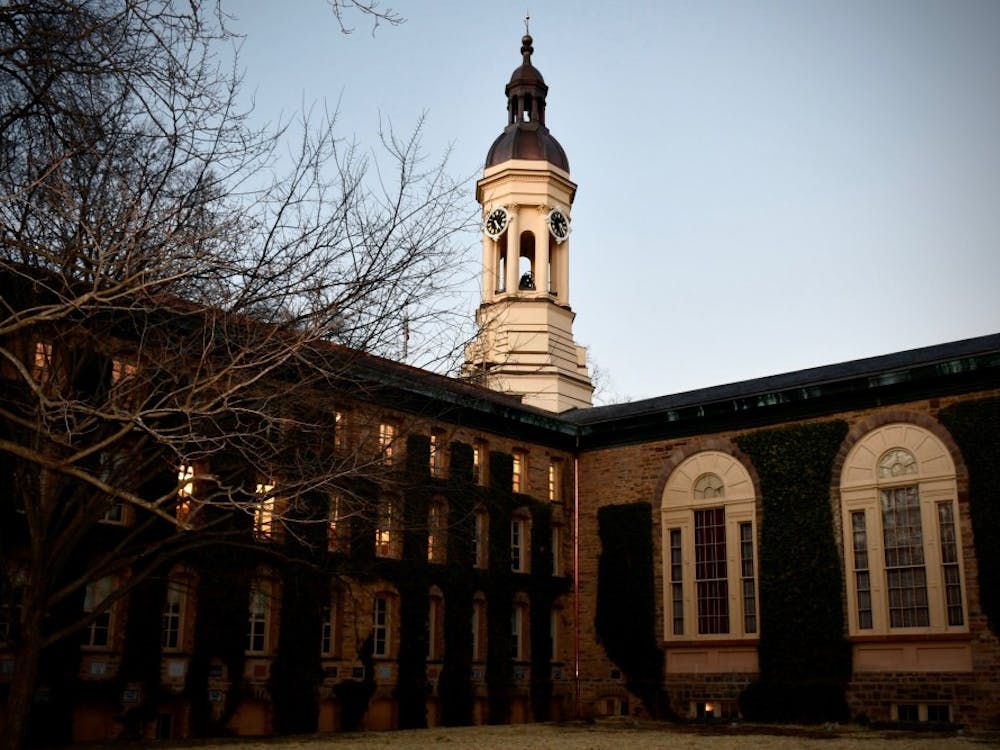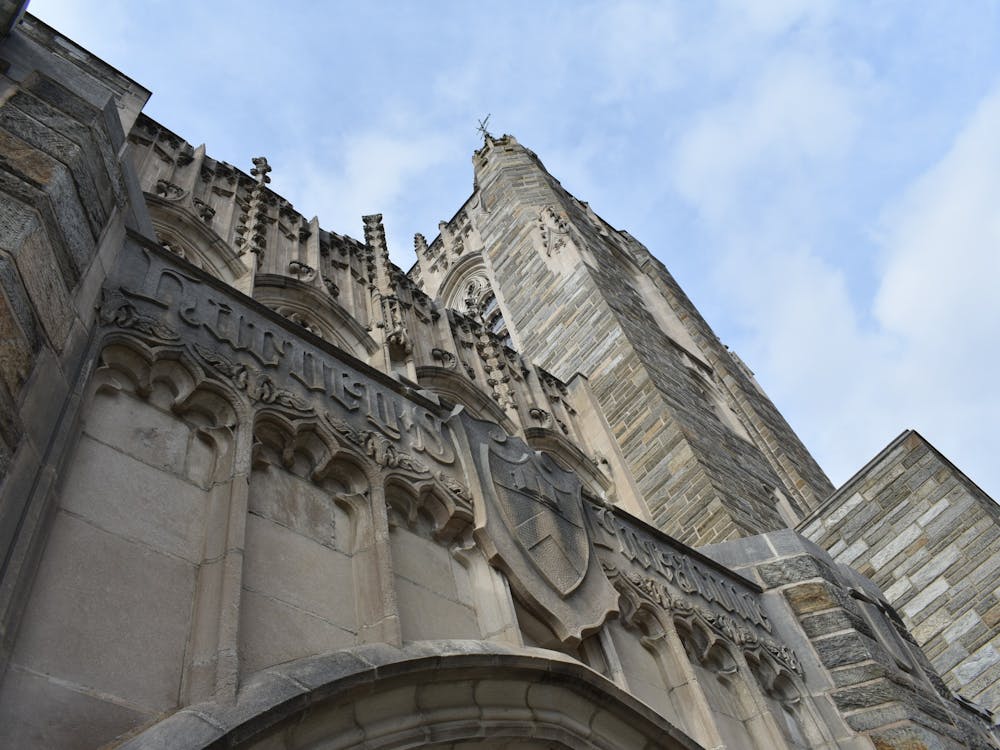Princeton academics needs a stronger core
Rohit Narayanan“The U.S. News & World Report measures how well students learn; it doesn’t measure whether students are learning the right things. Princeton has no doubt expended significant resources to earn its place on the U.S. News & World Report, but if we actually want to be the ‘best university,‘ it’s important to make sure our curriculum is as good as our academic environment.”
“The U.S. News & World Report measures how well students learn; it doesn’t measure whether students are learning the right things. Princeton has no doubt expended significant resources to earn its place on the U.S. News & World Report, but if we actually want to be the ‘best university,‘ it’s important to make sure our curriculum is as good as our academic environment.”





